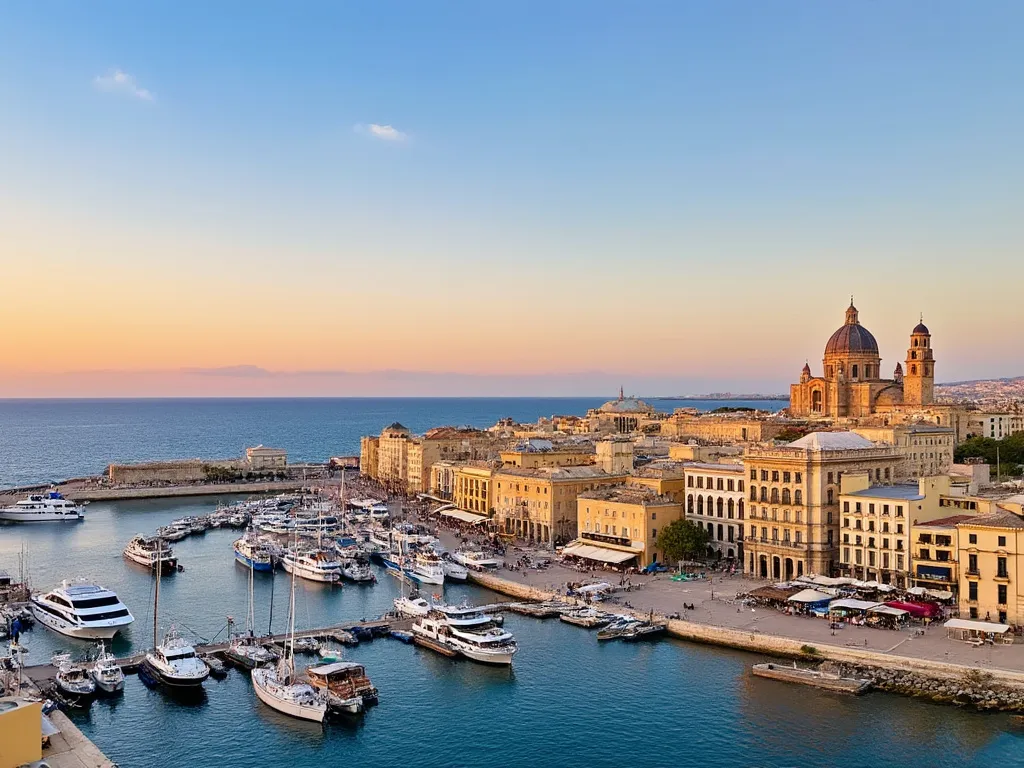
Valletta, the capital city of Malta, is a stunning example of Baroque architecture and a treasure trove of history and culture. Founded in 1566 by the Knights Hospitaller, the city has been a major cultural and economic center in the Mediterranean for centuries.
Valletta information
| Country | Malta |
| Population | 433,295 ( metropolitan area) |
| Coordinates | 35.8934° N, 14.4664° E |
| Area | 0.61 km² |
| Climate | Mediterranean |
| Language | Maltese, English |
| Currency | Euro |
| Time zone | UTC+1 |
| Proximity to other major cities | Approximately 93 km south of Sicily, Italy and approximately 288 km north of Libya |
Interesting facts about Valletta
- Valletta is the smallest capital city in the European Union.
- The city has been recognized as a UNESCO World Heritage Site since 1980.
- Valletta is home to over 320 historical monuments, making it one of the most densely packed cities in the world.
Tourist attractions in Valletta
- St. John's Co-Cathedral
- Grand Master's Palace
- Upper Barrakka Gardens
- National War Museum
- Fort St. Elmo
Historical background of Valletta
Valletta was founded during the reign of Grand Master Jean Parisot de la Valette, who played a crucial role in the Great Siege of Malta in 1565. The city was designed to be a fortified stronghold, with impressive bastions and fortifications that have been beautifully preserved to this day. Over the centuries, Valletta has been influenced by various cultures, including the Phoenicians, Romans, and Knights of St. John, each leaving their mark on the city's architecture and traditions.
Geographical location of Valletta
Valletta is situated on a peninsula, overlooking the stunning Grand Harbour. The city's strategic location has made it an important center for trade and commerce throughout history. Valletta's geography is characterized by its picturesque alleys, steep staircases, and magnificent Baroque architecture.
Cultural significance of Valletta
Valletta is a city of immense cultural significance, with numerous museums, theaters, and historical landmarks. The city is home to the iconic St. John's Co-Cathedral, a masterpiece of Baroque architecture, as well as the Grand Master's Palace, which houses the Parliament of Malta. Valletta's rich cultural heritage is reflected in its many festivals and events, including the Malta International Arts Festival and the Valletta Film Festival.
Economic importance of Valletta
Valletta is a significant economic center in the Mediterranean, with a thriving finance sector and a strong focus on tourism. The city is home to the Malta Stock Exchange and is a hub for international banking and finance. Valletta's tourism industry is also a major contributor to the city's economy, with visitors drawn to its stunning architecture, rich history, and vibrant cultural scene.
Conclusion on Valletta
Valletta is a city like no other, with its unique blend of history, culture, and stunning architecture. This remarkable city has been a significant cultural and economic center in the Mediterranean for centuries and continues to be a source of fascination for visitors from around the world. Whether you're interested in history, culture, or simply exploring a new city, Valletta has something for everyone.
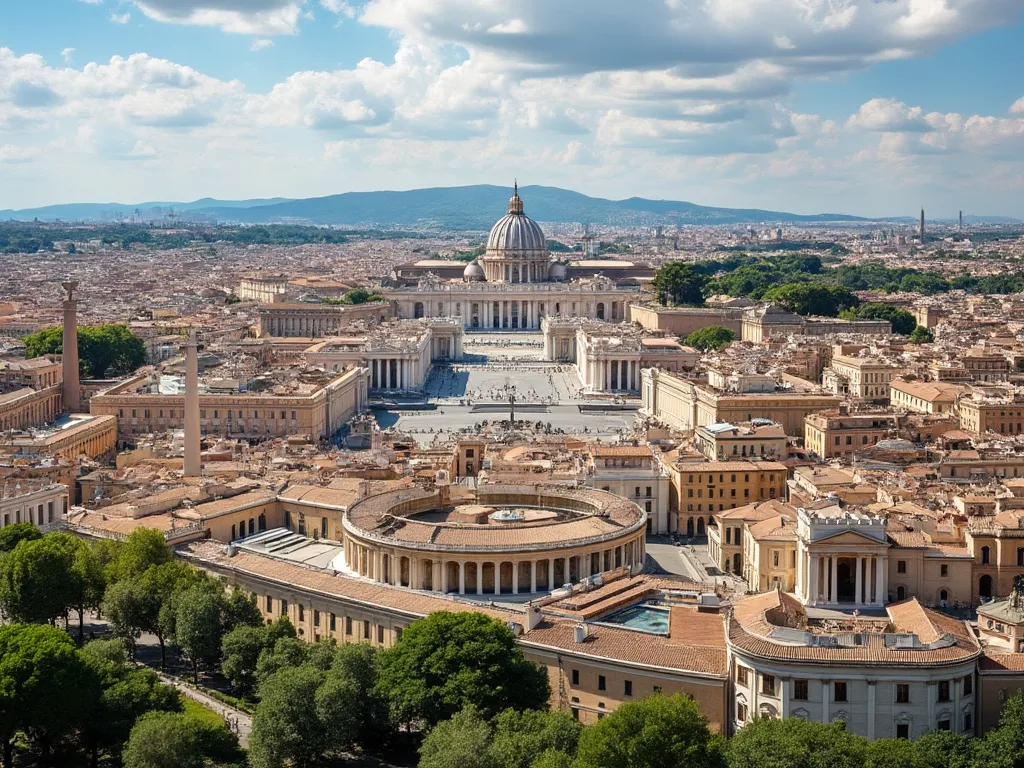 Vatican City
Vatican City
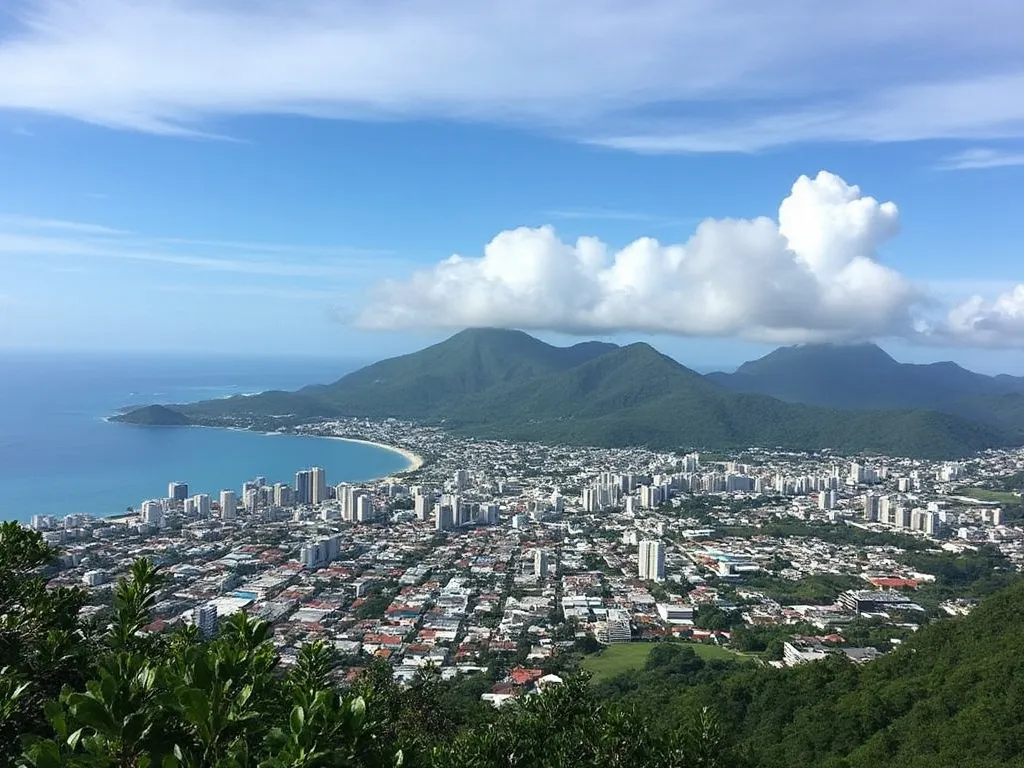 Victoria
Victoria
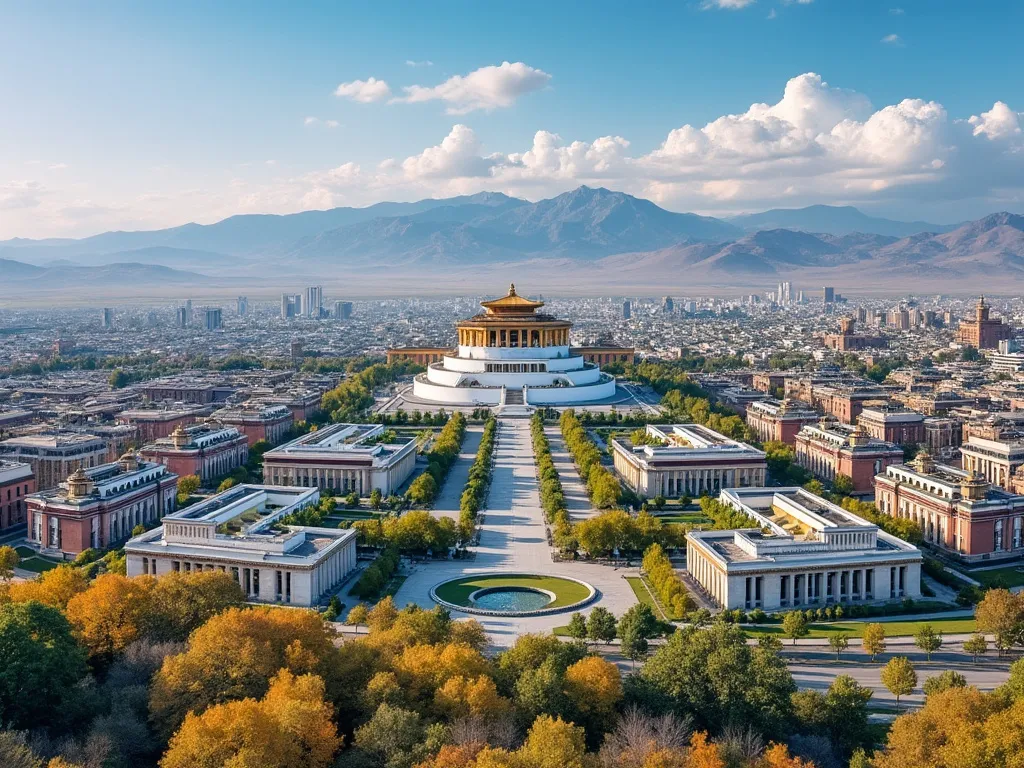 Ulaanbaatar
Ulaanbaatar
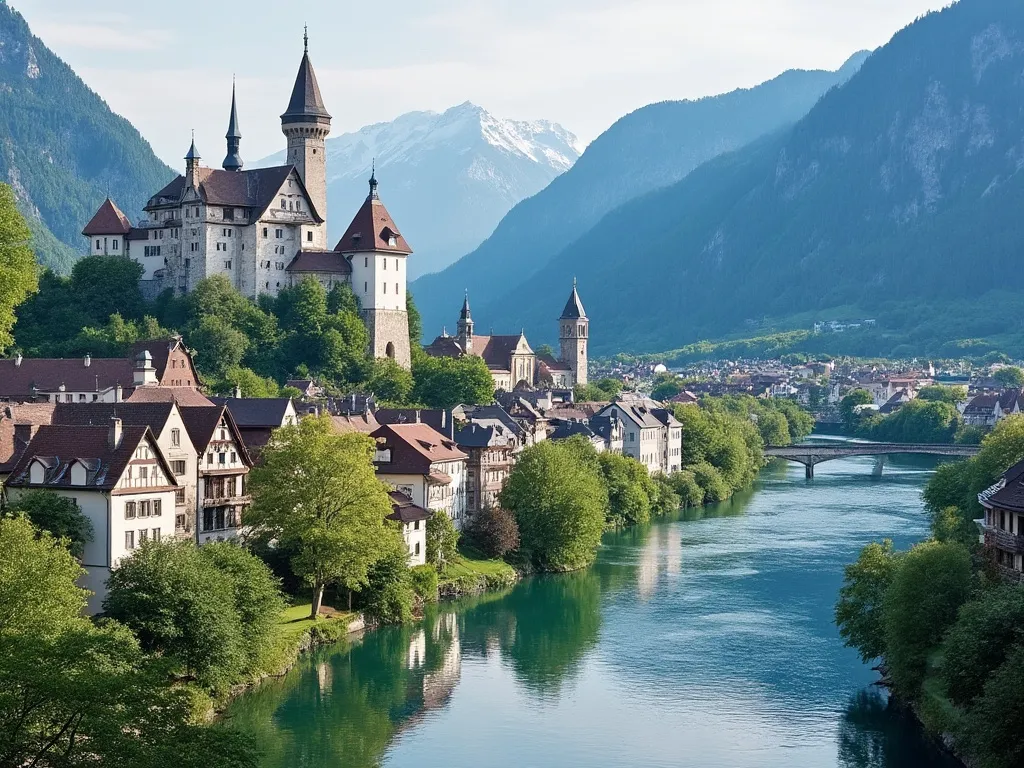 Vaduz
Vaduz